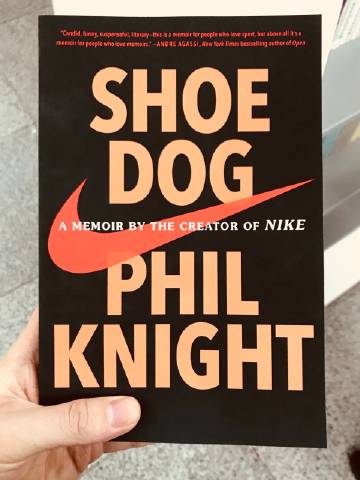Title: The Case of Baitongs Fake Down Comforter: A Grave Misdemeanor or a Call for Better Consumer Protection in the Apparel Industry?
The Baitongs Fake Down Comforter case has sparked a debate on the need for better consumer protection in the apparel industry. The incident, where consumers discovered that the comforter they purchased was made of inferior materials and had no thermal value, highlights the lack of regulation and accountability in the market. While some argue that this is simply a minor offense and not a grave one, the implications extend beyond individual customers. The impact of such deception can be devastating, especially for those who rely on down comforters during colder months. Furthermore, it erodes consumer trust and confidence in the industry, which can have long-term consequences. To prevent similar incidents from occurring, there is a pressing need for greater transparency and enforcement of regulations in the fashion supply chain. This includes implementing strict standards for materials used, ensuring proper labeling and disclosures, and holding companies accountable for their products. Ultimately, the Baitongs Fake Down Comforter case serves as a reminder that the apparel industry must prioritize the well-being of consumers over profit margins.
Content:
The clothing industry is one that heavily relies on trust between manufacturers and consumers. In such an industry, even a minor violation of trust can lead to significant consequences. Recently, Baitong, a well-known brand in China's down jacket market, was found guilty of producing and selling fake down comforters. This case not only damages the company's reputation but also raises questions about the current state of consumer protection in the apparel industry.
In 2019, Baitong was caught producing and selling down comforters with lower fill power and shorter insulation properties than advertised. These down comforters were sold at significantly lower prices, attracting many consumers who were looking for affordable alternatives. However, when these consumers discovered the poor quality of the products, they raised concerns about the safety and reliability of Baitong's products. The company's response to these complaints only added fuel to the fire, leading to a public outcry and a government investigation.

The case of Baitong's fake down comforter highlights several issues in the apparel industry. First, it exposes the lack of effective regulations and monitoring mechanisms in place to prevent false advertising and product misrepresentation. While there are rules in place to regulate the use of certain terms like "hypoallergenic" and "downproof", there are no comprehensive laws that ensure the authenticity and quality of down products. This leaves manufacturers with too much flexibility in their marketing strategies and puts consumers at risk.
Secondly, this case demonstrates the need for stronger consumer protection laws and greater transparency in the fashion industry. Many customers purchase clothing based on brand reputation and price, without fully understanding the product they are buying. In some cases, such as Baitong's fake down comforter, these customers may end up being misled or cheated. To protect consumers, more stringent regulations are needed to hold manufacturers accountable for false advertising and ensure that all products meet established quality standards.

Thirdly, this incident underscores the importance of independent third-party audits in ensuring product quality. Independent auditors play a crucial role in evaluating the performance and authenticity of down products by conducting rigorous inspections and testing procedures. Companies that use independent auditors demonstrate a commitment to providing high-quality products to their customers and building trust with their base. In light of Baitong's fake down comforter scandal, it is clear that more companies should adopt this approach to enhance their reputation and safeguard their customer base.
Moreover, this case has exposed a broader issue within the Chinese economy – the pursuit of profit over ethical business practices. Baitong's decision to produce and sell fake down comforters in order to increase profits reflects a larger problem in China's manufacturing sector – a culture that prioritizes output over quality. This mentality often leads to subpar products that can be dangerous for consumers. To address this issue, companies must embrace a holistic approach to business that emphasizes sustainability, social responsibility, and ethical conduct. Only then can they build long-term trust with their customers and maintain their reputation in the eyes of both regulators and consumers.

In conclusion, the case of Baitong's fake down comforter is a stark reminder of the importance of transparency, regulation, and accountability in the fashion industry. It also highlights broader societal issues related to profit maximization, ethics, and consumer welfare. As consumers become increasingly aware of these challenges and demand higher standards from brands, it is imperative that companies respond with innovation, integrity, and a commitment to delivering quality products that meet or exceed established standards. By doing so, they can earn back consumer trust and maintain their place as leaders in the global marketplace.
Articles related to the knowledge points of this article:
Title: The Evolution of Down Comforters: A Comprehensive Guide to Choosing the Perfect Duvet
OLD DUCK DOWN COMFORTER RECYCLE INTO A NEW ONE
Title: Selecting the Right Down Quilt: A Comprehensive Guide for Perfect Sleep
Title: Elevate Your Sleep Experience with the Latest Down Comforter Collection
Title: The Art of Filling Winter Nights: The Allure and Benefits of Down Comforters
Title: The Evolution and Importance of Down-Filled duvets with Mesh Lining



